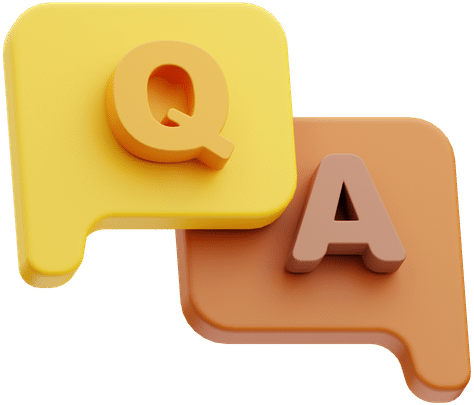The rise of Steam and the Epic Game Store has slowly pushed video games toward an all-digital future. Even the three major players in the gaming hardware market (Sony, Microsoft, Nintendo) have moved further toward embracing the digital frontier. Each platform features its own digital storefront that allows gamers to download games directly onto their home console. As external storage technology grows more expansive, we move closer toward a future where video game disks and cartridges will go the way of the dinosaur. NFT’s have the ability to not only speed up this process but provide ownership rights for gamers online.
Do You Own Videogame Software?
As digital media becomes the format of choice for many, there’s one growing concern amongst all gamers; ‘Do I own the games I buy online?” It’s a question worth asking, and the answer isn’t so simple. If you walk into any video game store today and purchase a physical copy of a game, you now own that copy; it is yours to keep.
In contrast, if you purchase a copy of the same game digitally, developers, publishers, and console companies, and other parties involved, all have the power to take that digital copy away from you, and there’s very little you can do about it. The most famous example of this is the Scott Pilgrim video game, developed by Ubisoft, based on a series of graphic novels, and released alongside the live-action movie adaptation.
Four years after being released on Playstation 3 and Xbox 360, the Scott Pilgrim video game was removed from digital stores due to licensing conflicts between Ubisoft, Universal Pictures, and Oni Press. The game was rendered unplayable for all those who had purchased a digital copy; this leads to the price of physical copies of the game skyrocketing because they were the only copies that were still playable.
This incident, and several others like it, have made people hesitant to purchase games digitally, fearing that their purchase can just be taken away without warning.
How NFTs Are Changing Digital Property Ownership
We’ve seen just how valuable NFTs can be for the art industry, digital art especially. NFTs have allowed artists to authenticate their work so it can’t be faked, allowing art enthusiasts to buy art pieces, physically and digitally, entirely one of a kind.
What Are NFTs?
NFTs or ‘Non-fungible Tokens’ are digital fields encoded on a blockchain using the same cryptocurrency. Unlike standard formats like mp3, mp4, png, etc., NFTs can not be replicated, meaning each NFT is wholely unique unto itself.
For example, if an artist sells a piece of art as an NFT, and you buy it, you will be able to verify, using blockchain technology that you are the sole owner of that singular product.
What Does This Mean For Video Games?
NFTs may be the thing that puts to rest concerns of digital ownership in the video game market. Say, for example, you buy a game on the Playstation digital store in the form of an NFT. Blockchain technology can now verify that you own a digital copy of that game that is unique to you.
It’s not just video games that can be sold as NFTs. DLC, Micro-transactions, and other secondary purchases are becoming increasingly common in video games. Selling each individual micro-transaction as a tokenized NFT would provide a much safer and secure way for gamers to hold ownership of the digital assets they purchase.
In Conclusion
NFTs and other Blockchain technologies are still in the early stages of their market lifespan, while physical video game media is on the way out. With these two trends coinciding, it shouldn’t be long now before we see NFTs changing how software is distributed and owned in the video game market forever. Will NFTs solve the problems of digital ownership in the video game market? Or are they simply a passing fad? It won’t be long now before we find out.
